|
DISCLAIMER: This post does not constitute legal advice and is presented for information, education, or entertainment purposes. It is opinion and commentary, and merely attempts to review the alcohol beverage laws and their interpretation to assist businesses (and consumers). If you have questions, then please speak to your legal professional or the appropriate regulation authority. PERSONAL DISCLAIMER: I had the privilege of writing several brewery bills during the 2013-2019 timeframe and advocating for their passage. I was not asked to participate this time around, so I don’t have many personal insights or thoughts to share on the discussion points, negotiations, or other context of the new laws. This will just be straight analysis of what the new laws are and what they do and don’t do. TL;DR: SOUTH CAROLINA BREWERIES WITH MULTIPLE SITES CAN NOW TRANSFER BEER TO THEMSELVES. BUT, THERE'S A CATCH OR TWO.Today, we'll tackle part two of the newly legal South Carolina Craft Beer Economic Development Act. It covers a South Carolina brewery's ability to transfer its own beer to itself in the event that it has multiple brewery locations within the state. TRANSFER BETWEEN BREWERIESOf the 139 breweries and brewpubs in South Carolina, there are a quite that have multiple locations. By our count, there’s about 15 of these right now, with a few more on the way. Because brewpubs are not eligible to ship or otherwise transfer their beer, that means that we're really talking about 123 breweries. Since 15-ish companies are impacted, that's roughly 12% of the total, but 24% if you factor in their second location, which would be 30 locations. So, theoretically, before taking restrictions into account, this will impact nearly a quarter of all of the state's breweries. So, what is the deal with transfer and why does it matter? Well, Federal law allows breweries to transfer beer between themselves when they have multiple locations under an umbrella. The rationale being that the company or affiliated companies own the beer, so therefore, they should be able to allocate it however such companies see fit. The federal law also allows collaborating breweries to transfer that beer between them. Also, currently for state breweries to get their beer from their other brewery, they have to sell it and purchase it back from a wholesaler. The law does allow the wholesaler to allow for a bulk discount on the beer, but that does come with conditions. And this will still be the case for breweries who don't qualify under the new law. But now for the first time, South Carolina has a transfer law on the books. In short, it says that breweries in South Carolina that have multiple locations will now be able to transfer beer between those locations without having to buy it back from a wholesaler, but two things: 1. Both locations have to have the exact same ownership. That is going to mean the same company, with the same owners, with the same percentages for each location. For example, let's say ABC Brewing has two locations—one in Greenville and one in Bluffton. Each location is licensed, but has different LLCs for each location. That wouldn't qualify. Instead, their LLCs, owners, and shares would have to be exact. While not perfect for breweries looking to limit liability per location, the new law ensures that transfer is for a company rather than companies with potentially varying owners or ownership groups. 2. The other restriction is that a brewery cannot receive more beer than it makes on an annual basis. So, for example, if you have a brewery that is basically a pilot system that is rarely used and is effectively a taproom, then they’d only be able to receive from another location what their pilot system makes. If that’s just 10 barrels of beer a year, then that’s what it could receive. The bigger brewery, meanwhile, could receive as much as it made. The rationale here is what has previously been described in South Carolina as the Budweiser problem - that a massive brewery could just open up a series of taprooms with pilot systems, never use them, and effectively skirt the three-tier laws by self-distributing to themselves. The new law prevents that occurrence. Brook Bristow focuses his practice on alcoholic beverage law and commercial matters. Representing hundreds of clients from small start-ups to national brands, Brook counsels those in the food and beverage industry such as breweries, wineries, distilleries, distributors, and retailers. He regularly advises on federal and state regulatory compliance, licensing, contracts, intellectual property, and federal label and formula approvals, among other topics. He enjoys central coast zinfandel, aged rum, and can brew a passable IPA. You may reach him directly at [email protected]
DISCLAIMER: This post does not constitute legal advice and is presented for information, education, or entertainment purposes. It is opinion and commentary, and merely attempts to review the alcohol beverage laws and their interpretation to assist businesses (and consumers). If you have questions, then please speak to your legal professional or the appropriate regulation authority. PERSONAL DISCLAIMER: I had the privilege of writing several brewery bills during the 2013-2019 timeframe and advocating for their passage. I was not asked to participate this time around, so I don’t have many personal insights or thoughts to share on the discussion points, negotiations, or other context of the new laws. This will just be straight analysis of what the new laws are and what they do and don’t do. TL; DR: SOUTH CAROLINA BREWERY TO-GO LIMITS ARE INCREASING BY 200%Today, we tackle the first portion of the new law, which will focus on to-go sales. Tomorrow, we’ll talk about the new transfer provisions. TO-GO SALESLet’s go ahead and get the elephant in the room out of the way. Yes, the rumors are true. South Carolina breweries can now sell kegs. Well, kegs of a certain size shall we say. The new law states that a consumer may purchase up to 864 fluid ounces of beer per person per day from a licensed brewery. Remember, licensed brewpubs have no to-go limitation. How much is 864 fluid ounces in practical terms? That’s three cases (24 cans) of 12 fluid ounce cans. Or fifty-four 16 fluid ounce cans (2 cases, and a six pack). Or just short three cases of 375ml bottles. Or twenty-seven 32 fluid ounce crowlers. Or, yes, a sixtel of beer (which is about 660 fluid ounces), and then 17 twelve fluid ounce cans on top of it. Previously, the law allowed for 288 fluid ounces to go (one case of 12 ounce cans). That had been on the books since 2010, but had been doubled to 576 fluid ounces for a short time during the pandemic as a helping hand to breweries. The temporary provision went away in 2022. Breweries are not being mandated to sell kegs. They can sell in whatever containers they wish up to the limit. But for those that do, there is of course going to be paperwork which consumers will need to fill out at the brewery (there’s always paperwork) that will be kept on file. Consumers will need to provide their driver’s license and a deposit on the keg. The brewery will tag the keg according to statutory specifications and need to meet certain requirements. If you’re curious, here are the current to-go limits for breweries in nearby states: Georgia: 288 fl. oz. Mississippi: 576 fl. oz. Alabama: 864 fl. oz. North Carolina: No Limit The only other change from prior law (which we’ll cover more in depth tomorrow) will be that breweries can sell to-go both the beer that they brew on-site and beer they receive from one of their other locations if they have another location that qualifies for a transfer. That’s important because now breweries might be able to begin splitting operations between clean and sour, barrel aged and non barrel aged, or other distinctions (like some had done already), but retain the option of selling that beer from the other location without having to purchase it back from a wholesaler. Brook Bristow focuses his practice on alcoholic beverage law and commercial matters. Representing hundreds of clients from small start-ups to national brands, Brook counsels those in the food and beverage industry such as breweries, wineries, distilleries, distributors, and retailers. He regularly advises on federal and state regulatory compliance, licensing, contracts, intellectual property, and federal label and formula approvals, among other topics. He enjoys central coast zinfandel, aged rum, and can brew a passable IPA. You may reach him directly at [email protected]
DISCLAIMER: This post does not constitute legal advice and is presented for information, education, or entertainment purposes. It is opinion and commentary, and merely attempts to review the alcohol beverage laws and their interpretation to assist businesses (and consumers). If you have questions, then please speak to your legal professional or the appropriate regulation authority. TL;DR: BEFORE WE GET INTO THE NEW LAWS, LET'S REVIEW WHERE WE ARE.There are new brewery laws on the books in South Carolina for the first time in several years! And over the next few days, we’ll take a look at what they are, what they do, what they don’t do, and what’s going to happen next. But before we get into any legislative analysis, I thought it might be helpful to take a look at where things are now in the state overall and then preview the new laws. So, let’s take a look at some statistics and colorful images. STATISTICSWhat you see above is information from the Brewers Association, the national trade group who compiles such statistics. As you see, South Carolina has come a long way in the last ten years, but its economic impact and production numbers are in the middle nationally. According to the stats, there are 134 breweries in the state. But, actually, it’s more. I went into the state licensing database, and we actually have 124 breweries and 16 brewpubs. In total, that’s 140! (If you want to get technical, though, the number is really 139 breweries due to one being closed.) If you want to compare that to when the Pint Law happened in 2013 (can you believe that it has been nearly 10 years?), that’s an increase of nearly 1,000%. Crazy. To break it down a little further: Brewpubs: 16 Pint Law Breweries: 13 Stone Law Breweries: 111 As a refresher, here's what each of those can legally do (note: this is prior to the new law's application). Brewpubs South Carolina brewpubs can do the following things:
South Carolina brewpubs can’t do the following things:
Pint Law Breweries *Note: I'm calling them Pint Law breweries, since that's the law they fall under from 2013. Effectively, to simplify, these are the breweries that don't have food operations, guest beer, wine, or liquor. Pint Law breweries can do the following things:
Pint Law breweries can’t do the following things:
Stone Law Breweries *Note: I'm calling them Stone Law breweries, since that's the law they fall under from 2014. Effectively, to simplify, these are the breweries that have food operations, guest beer, wine, and/or liquor. Stone Law breweries can do the following things:
Stone Law breweries can’t do the following things:
PREVIEW OF THE NEW LAWSNow that we've talked about what the prior laws were, let's preview the new laws and the objective. Introduced in February, the South Carolina Craft Beer Economic Development Act as originally written sought to do four things: (1) allow limited self-distribution; (2) increase to-go limits; (3) change special event licensing; and (4) allow for transfer of beer between breweries. Why are those important? 1. Self-Distribution: Well, currently, breweries have to sell their beer to a wholesaler who then sells it to a retailer. Self-distribution allows breweries to do that themselves whereby they get to have better margins. 2. To-Go Sales: With the exception of a brief doubling of to-go limits during the pandemic, breweries have been operating under a law from 2010 that allowed one case of 12 fluid ounce cans of beer to-go. 3. Special Events: Revisions to special event licenses were wanted because breweries aren't allowed to pull their own special event permits. So, you won't see a brewery pouring at a farmers market unless it is licensed by someone else, as an example. 4. Transfer: Breweries that have multiple locations aren't allowed to send their own beer to themselves. While federal law allows it, South Carolina law provided that a brewery had to sell that beer to a wholesaler, and then the brewery would have to buy it back. Granted, the law did allow for a bulk discount, but with more breweries opening second locations, it was important that they have more freedom. During the legislative process, allowance of self-distribution and the revisions to special event licensing were cut loose from the bill. Effectively, the bill was then about two topics - increasing to-go limits and bonded transfer of beer. Remember, all breweries were subject to the 288 fluid ounces per person per day rule. Topics not addressed included excise tax reduction, franchise law reform, allowance of satellite taprooms, and changes to brewpub laws. But those will most likely come up down the road as the industry continues to grow. The original bill was introduced in February and was signed by the Governor earlier this month. The bill had little issue passing both the House and Senate, as it sailed through the senate by a vote of 40-1 and the House by a vote of 103-0. Big wins. Tomorrow: we'll tackle to-go sales and talk about what those will mean moving forward. Brook Bristow focuses his practice on alcoholic beverage law and commercial matters. Representing hundreds of clients from small start-ups to national brands, Brook counsels those in the food and beverage industry such as breweries, wineries, distilleries, distributors, and retailers. He regularly advises on federal and state regulatory compliance, licensing, contracts, intellectual property, and federal label and formula approvals, among other topics. He enjoys central coast zinfandel, aged rum, and can brew a passable IPA. You may reach him directly at [email protected]
|
AuthorBrook Bristow is a South Carolina-based lawyer at Bristow Beverage Law, who primarily counsels companies in the alcohol industry on business and employment laws, as well as on compliance, licensing, & intellectual property. You may reach him directly at: [email protected] Archives
April 2024
Categories |

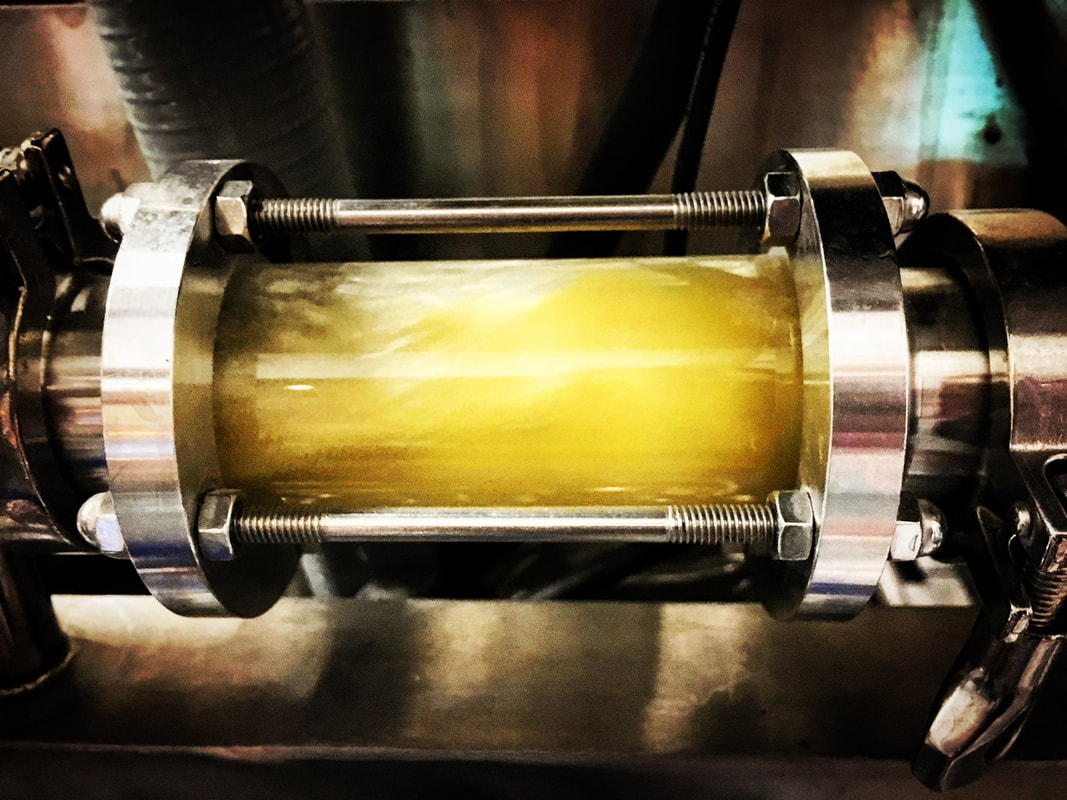
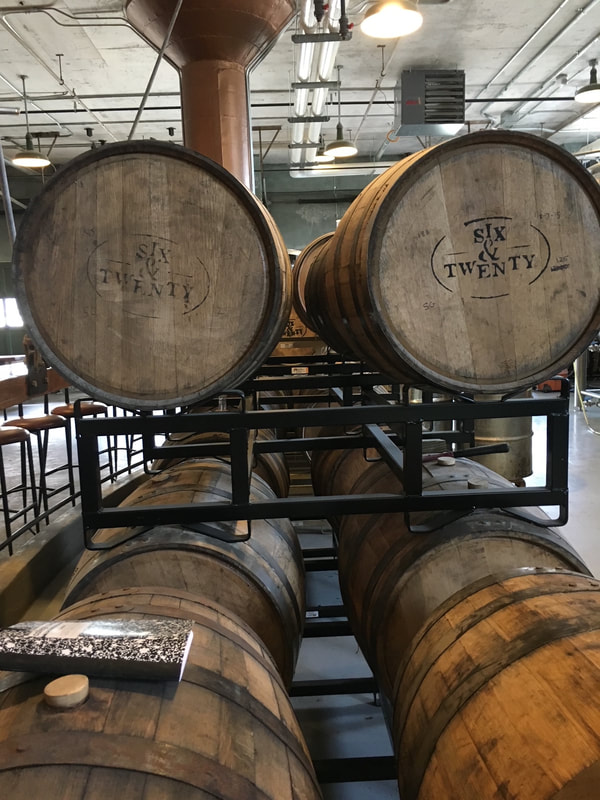

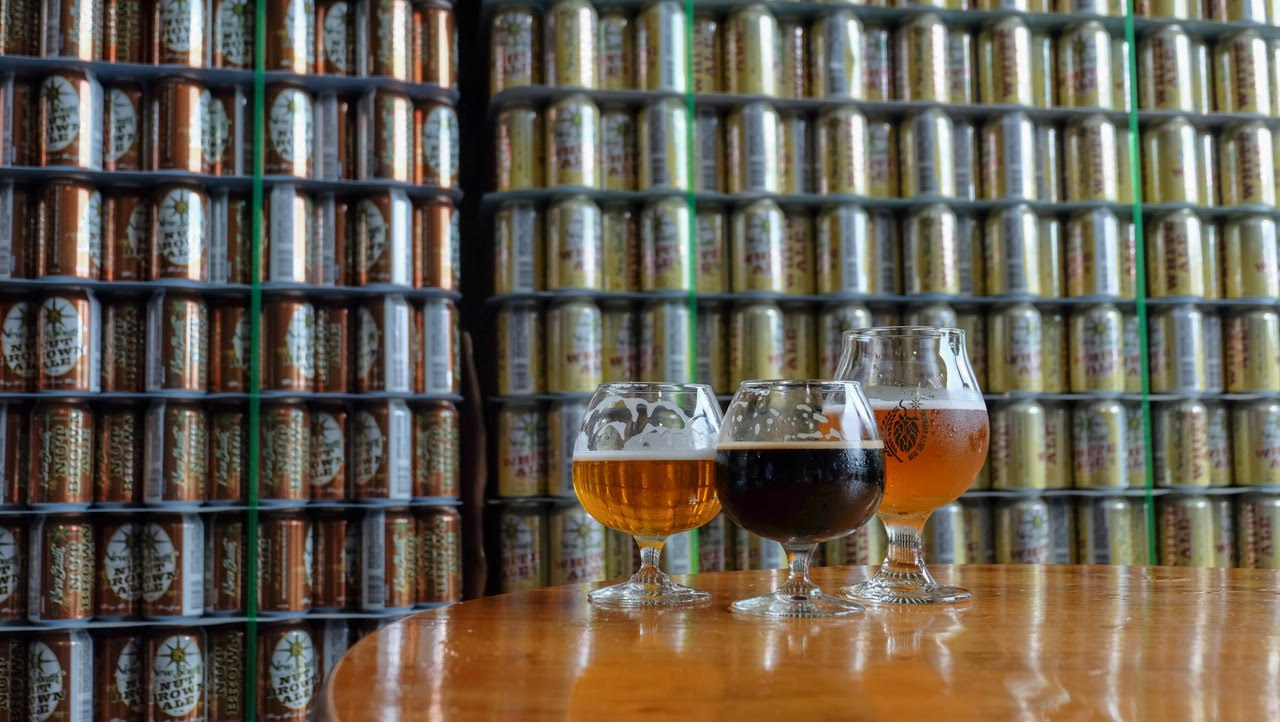
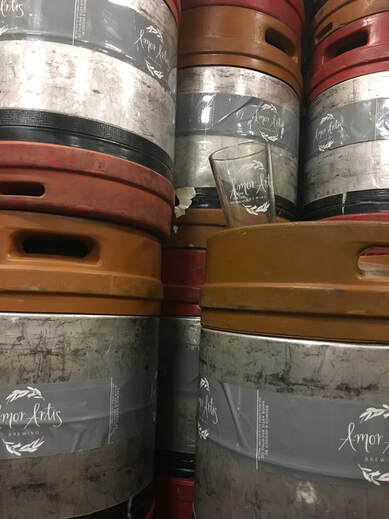
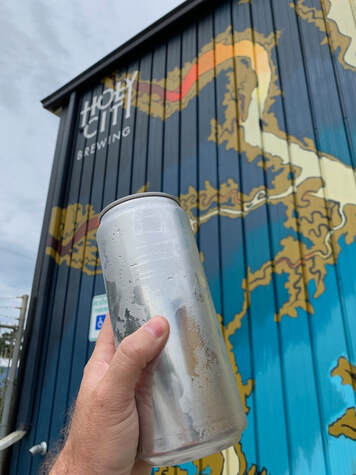


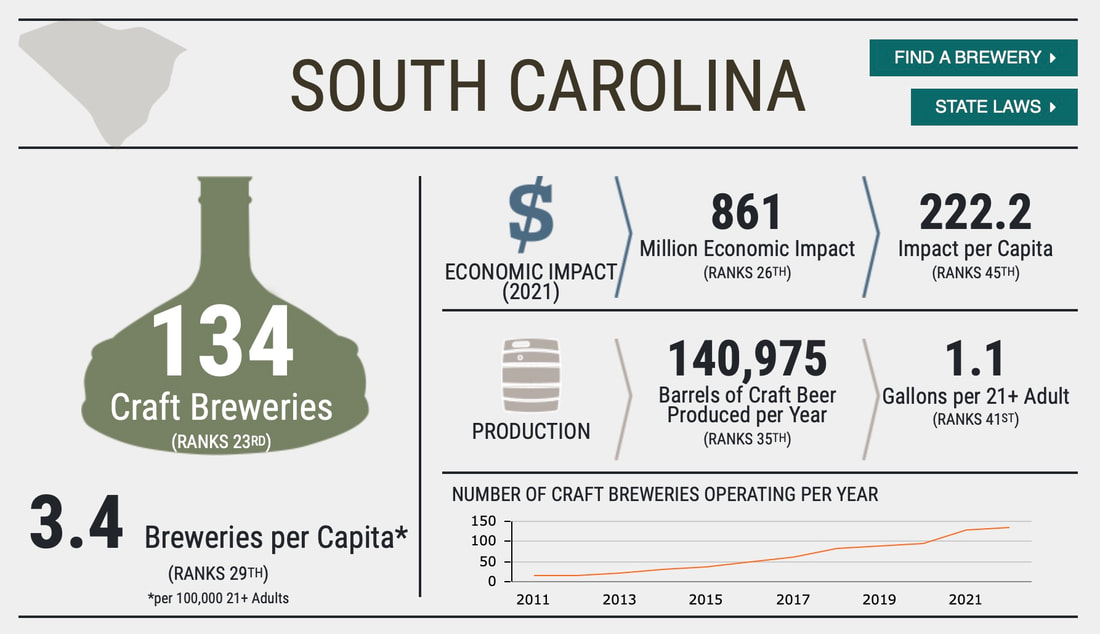
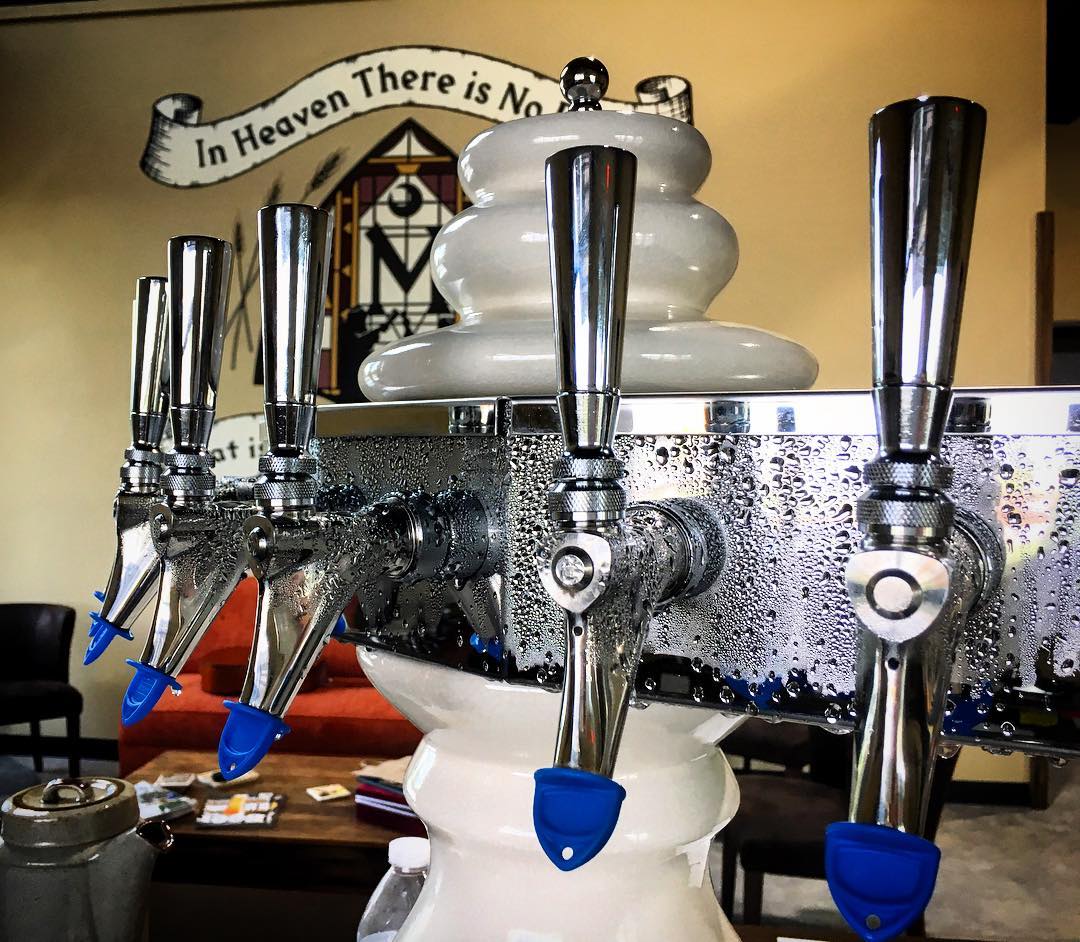

 RSS Feed
RSS Feed